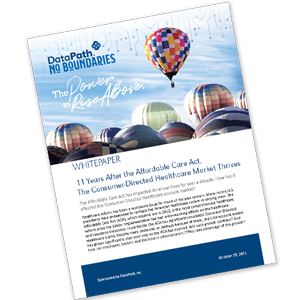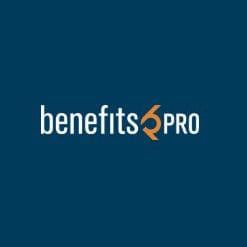Help Employees Understand Their Benefits
Companies spend a lot of time and money creating valuable benefits plans for employees. But even after all that work, they still often get low participation. Good benefit choices require employers to help employees understand their benefits. PlanSponsor recently reported that two-thirds of employees want year-round help understanding and using their benefits. That number goes up to 78% among Millennials. So, let’s take a look at what employees need to best use the benefits you provide.









